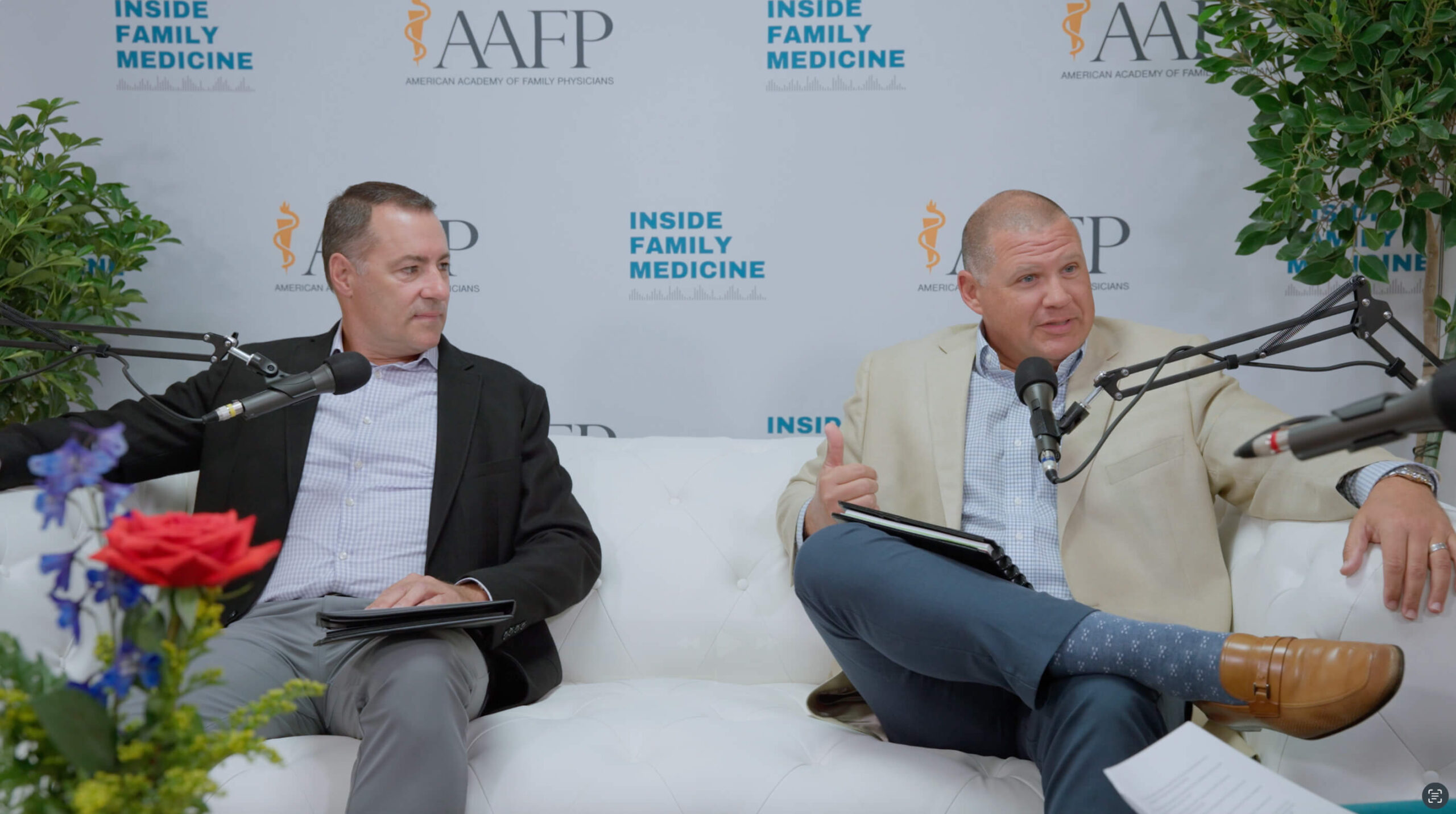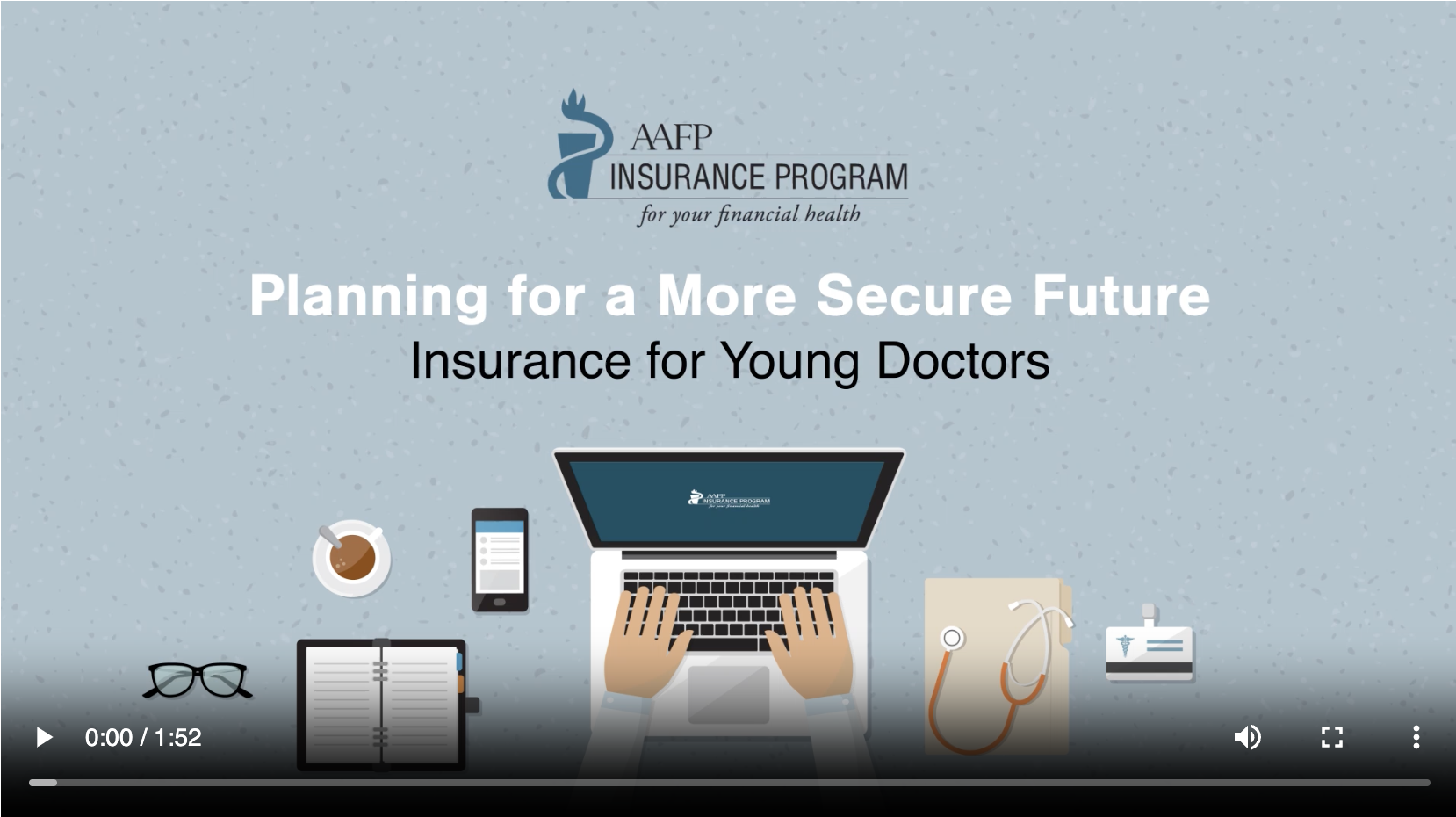About 68% of residents have at least $50,000 in student debt, with a small fortunate 22% having zero debt. And with family medicine residents only earning an average of $53,000, digging themselves out of debt may seem near impossible.
Fortunately, there are a number of steps you can take to help pay down your debt and restore your financial health.
Review your current debt load
As you begin to assess the damage your student loans have made on your finances, take a look at all of your outstanding debt. This includes any debt from lenders, credit cards, mortgages, auto loans, etc. Start by focusing on loans with the highest interest rate.
Your best chance at paying off your student loans is to be fast, smart and organized. Create a spreadsheet of all your open loans. Be sure to include the name, website, contact information, loan amount, interest rate, loan term and deadline.
You may also want to set up payment reminders or auto-pay to avoid late fees. In addition, try to pay more than the minimum amount each month so you can pay off your debt faster and avoid paying interest for a longer period of time.
Refinance vs. Consolidation
After you’ve had a chance to review your current debt situation, now’s the time to figure out if you want to refinance or consolidate your loans. But what’s the difference?
Sometimes these terms are used interchangeably. Refinancing means you’re applying for a loan under new terms, generally at a lower interest rate, to help pay off an existing loan. With consolidation, you’re essentially combining multiple loans into one big loan. The benefit of doing this is that you can keep track of your loans in one place and only have to deal with one monthly payment.
The downside, however, is that your interest rate may be higher. For instance, if you’re consolidating federal loans, you will be charged the average interest rate of all your loans. If you choose to consolidate private loans, the lender will give you a new interest rate based on your debt history and any other relevant financial information.
So which one is right for you? That depends on how much you want to pay in interest and how soon you want to pay off your student debt. For a quick breakdown of figuring out which route is best for you, read this article.
Some additional tips to keep in mind when consolidating or refinancing student loans:
- Make your payments on time
- Read the fine print of all loan offers for restrictions and limitations
- Make sure you’re dealing with a credible lender or service
- Consider having a financial professional read the terms
Work in a health shortage area
Another way you can lessen the burden of your loans would be to consider practicing in a health shortage area. Some programs offer loan repayment, loan forgiveness and scholarships to those who work in medically underserved areas.
The AAMC (Association of American Medical Colleges) has published a comprehensive list of each state and their respective programs.
For additional resources, the Department of Health and Human Services has a list of loans and scholarships for healthcare professionals to encourage them to work in underserved areas.
Enroll in income-based repayment plans
While earning as much money as you can may be your number one priority after graduating medical school, you may want to consider enrolling in an income-based repayment or pay-as-you-earn program.
Most federal student loans are eligible for at least one income-driven repayment plan. These plans can help you make your loan payments more affordable with payment caps based on your income and family size.
Keep in mind that income-based repayments (IBR) are only available to student loan borrowers with Direct or Federal Family Education Loan (FFEL) programs, and cover loans made by the student, not parents.
Take up a second job
While not ideal, you may want to consider getting a second job or moonlighting to earn extra cash to help pay off your debt.
If possible, take advantage of opportunities related to your field such as reviewing health insurance claims, providing telehealth consultations, working in a nursing home, or treating inmates at correctional facilities. Just be sure any additional work doesn’t violate employer agreements or contracts.
Brush up on money smarts
Some financial tips should go without saying, for example: save money for a rainy day, cut back on expensive habits, stick to a reasonable budget, ease up on credit card use, etc. A lesser known tip that many young residents and physicians fail to adhere to is creating a security blanket.
We’re not just talking about squirreling away money under your mattress or opening an IRA (which isn’t a bad idea). We’re talking about income protection in the form of disability insurance. If you were unable to work, how would you pay the bills – and your outstanding debts?
To protect your hard-earned income, think about disability income insurance offered by the AAFP Insurance Program. This is perhaps one of the most overlooked insurances by young family physicians, next to life insurance. It helps replace any income you might lose if you were injured or fell ill. And with your membership to the AAFP, you’ll have access to affordable group rates.
It’s important that every young physician do their best to eliminate student loan debt as quickly as possible, so you can get the most out of the career you worked so hard to build.
Tell us: what are you doing to pay back your student loans?
Photo credit: Shutterstock




